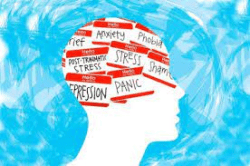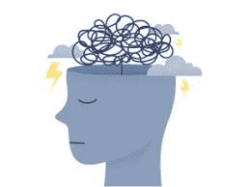Having experienced a traumatic event in your life can be devastating. Your body and mind may become overwhelmed and you may experience various physical symptoms such as exhaustion, agitation, confusion, and numbness. You may also feel emotional symptoms such as depression, anger, sadness, and denial.
These reactions to trauma vary from person to person. They are a normal part of the body’s healing process and they can resolve themselves with time and support but many will need specialist help. For details on Trauma informed practice training, contact a site like Tidal Training, leading providers of Trauma informed practice training
After a traumatic event, it is important to seek help and accept that you will not be normal for a period of time. During this time, you may want to try to understand what happened and make sense of your feelings. You may also find it helpful to talk to a loved one about your experience.
You should be aware that the effects of trauma can last for years or even for a lifetime. It is vital to get help to treat the effects of the traumatic event and to recover from the stress it caused.
Many individuals will show resilience and subclinical signs. However, it is possible for people to display the criteria for posttraumatic stress disorder (PTSD). These criteria include intense intrusive recollections, a continuous state of distress without periods of relative calm, and persistent fatigue.
PTSD treatment helps clients identify potential triggers for the strong emotional reactions they are experiencing and draws connections between the strong emotions and the triggers. Survivors can also learn to recognise when they are having a reaction and take steps to minimise its impact on their daily life.


